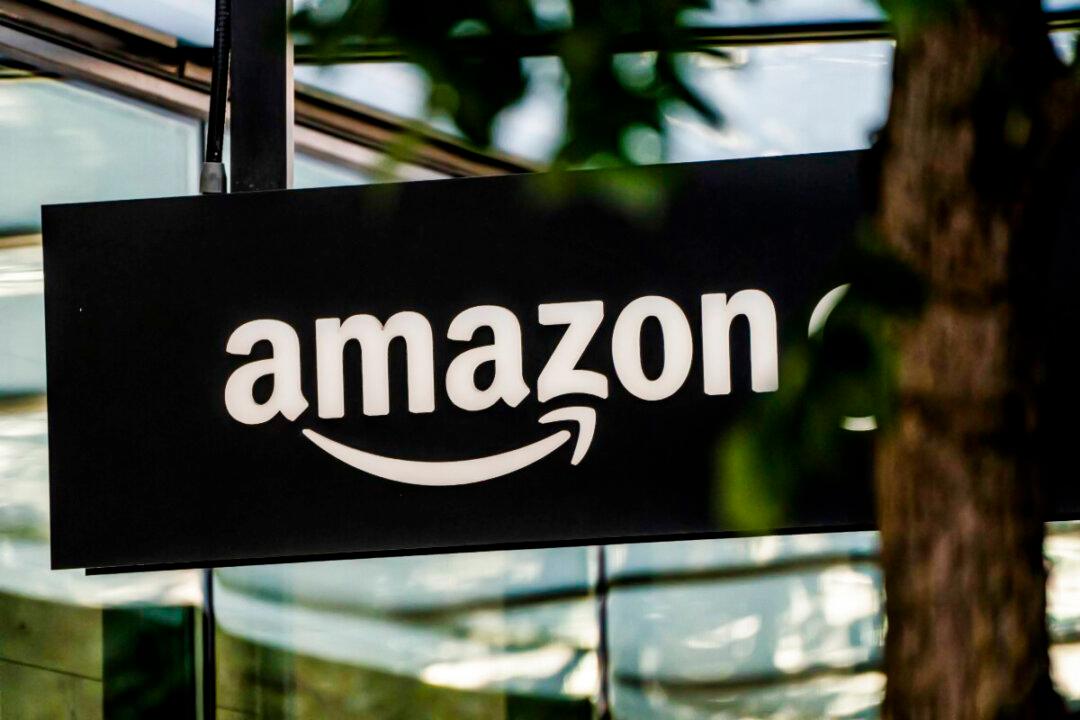E-commerce giant Amazon has just launched new tech that makes it far easier to sign up for its palm-scanning payment service, sparking renewed concerns among privacy experts, with some warning that it’s another pebble in the growing rock pile of big tech-enabled, Orwell-style digital enslavement.
Amazon announced on March 28 that it had just launched a new app that lets first-time users of its Amazon One biometric payment service sign up for it from the comfort of their home (instead of having to do it at a physical store) by taking a photo of a hand and uploading it to Amazon’s servers.





